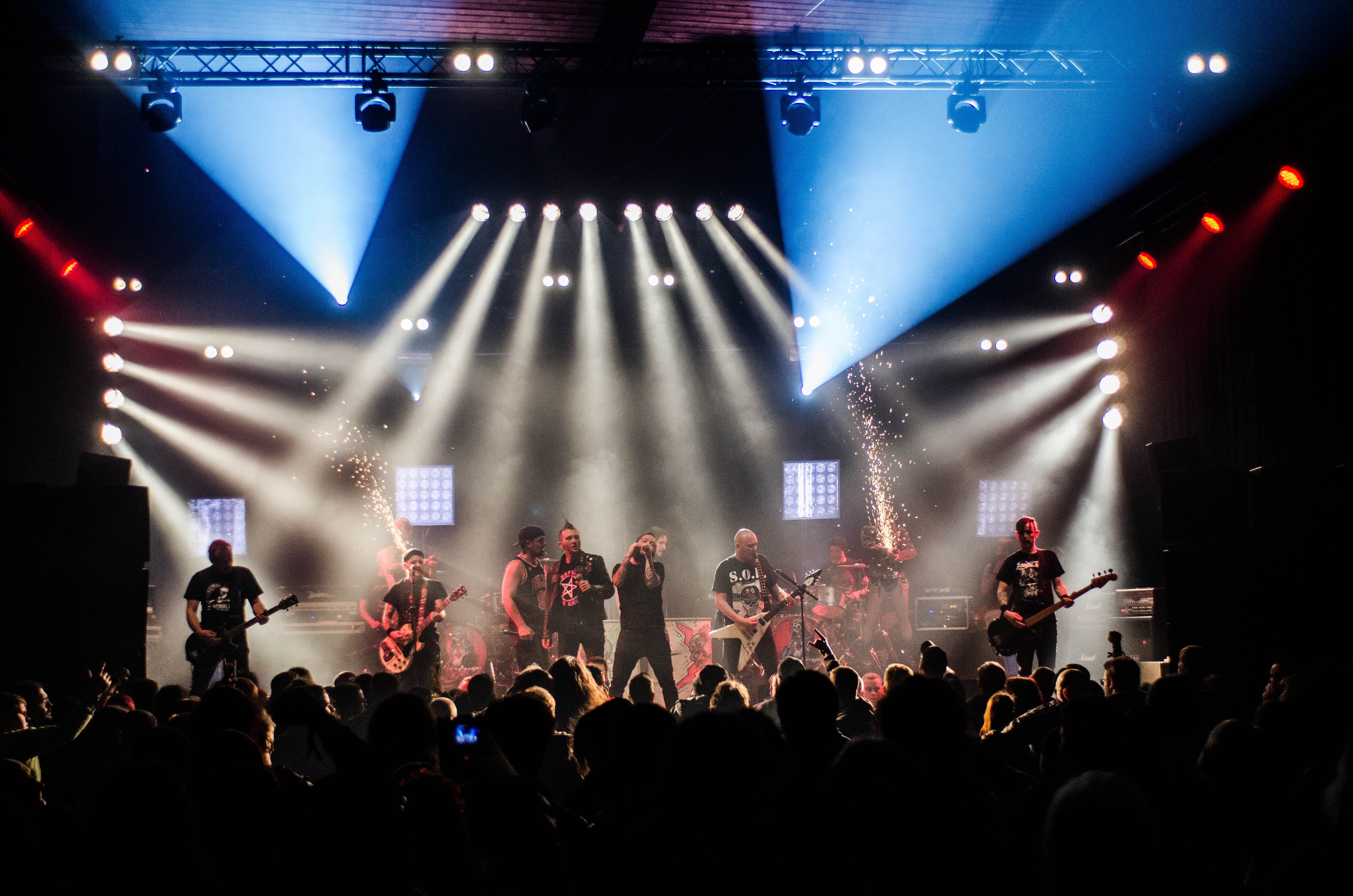Futureproofing a Music Festival.

With so many new music festivals launching this year the competition for festival-goers money is increasing. What can festival organisers do to futureproof their events for long term survival and financial success as well as providing security for the organising entity and all the staff employed by them.
Over 40 new music festivals have launched in the UK this year alone but the coronavirus pandemic has still had a devastating impact on the sector with well over 50 well known and established music festivals disappearing forever. The reasons for the demise of the festivals that have gone are varied and include poor management and financial control. With economies in crisis causing rising prices and reduced disposable income the pressure on festival organisers to remain profitable is only going to increase. Organisers should be taking steps now to protect their events against a variety of factors that could affect their survival.
Themes and Niches.
Some of the most popular and largest music festivals are multi-genre attracting a wider audience but many of these are now owned and run by the big corporate players like Live Nation and AEG. By focussing on a specific genre backed up with great artistic themes organisers may limit their audience numbers but niche genre events do have a much more loyal following and customer base with repeat visitors coming back year after year. Some of the longest running music festivals have focussed on niche genres including folk, metal and EDM for example.
Technology and Logistics.
Use of technology can make events more efficient, saving them money and increasing customer satisfaction. Most music festivals have now moved to cashless and contactless payment transactions so festival-goers no longer have to queue at ATM machines and the ordering process for food and beverages is smoother reducing queuing. Tickets and entry procedures can be done using QR Codes making the ticket purchase and entry process a painless experience. Organisers should be moving away from planning and managing festival logistics manually and towards automation of all the tasks traditionally requiring an army of people prone to errors. Software systems can now mange just about every aspect of event planning and logistics increasing efficiency and reducing potential problems.
Venues.
The logistics of holding a music festival on a remote field can be inherently risky. There are numerous logistical challenges in site build, infrastructure and transportation plus potential inclement weather that can close a festival down. Some organisers are moving their festival locations to inner city parks and venues where there are fewer concerns with infrastructure and transport making the events attractive to more people who don't have to worry about getting to and from an event. Using indoor multi-venue sites within a city also negates any concerns about weather affecting the events.
Aside from the issues highlighted above other factors that can help futureproof a festival with a loyal customer base of festival-goers is the provision of more diverse food and beverage offerings along with a well-documented transparent sustainability policy.
For festival organisers planning their events using a software management platform like Festival Pro gives them all the functionality they need manage every aspect of their event logistics. The guys who are responsible for this software have been in the front line of event management for many years and the features are built from that experience and are performance artists themselves. The Festival Pro platform is easy to use and has comprehensive features with specific modules for managing artists, contractors, venues/stages, vendors, volunteers, sponsors, guestlists, ticketing, cashless payments and contactless ordering.
Photo by Thibault Trillet via Pexels
<< Back to articles
Contact us
Get in touch to discuss your requirements.
US: +1 424 485 0220 (USA)
UK: +44 207 060 2666 (United Kingdom)
AU: +61 (2) 8357 0793 (Australia)
NZ: +64 (0)9887 8005 (New Zealand)